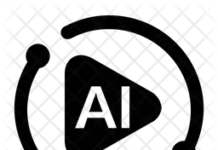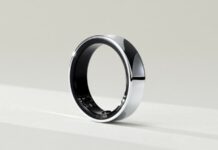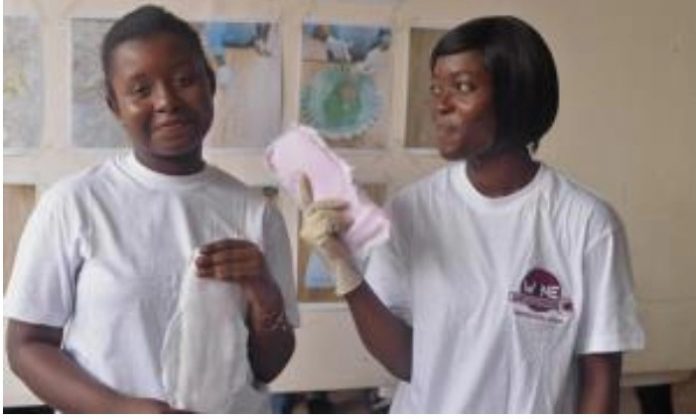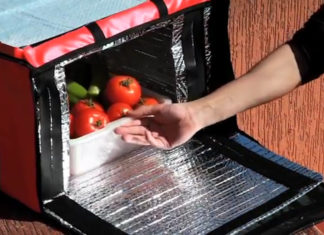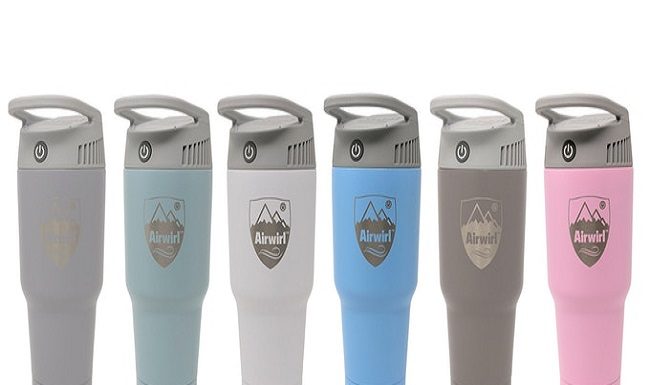— Ghanaian Students Miss Otoo-Quayson and Matilda Sampong discovered a safer, non-toxic and environmental friendly sanitary pad from cotton and Banana stem.
— Beyond the environmental benefit, the banana sanitary pads are cheaper.
One of the strongest signs of womanhood is the “menstrual cycle.” The flow of blood makes it imperative to wear an absorbent to soak blood tissues flowing from the private region of the woman.
History has recorded series of absorbents from the past such as leaves, rags, tissues, and now sanitary pads.
About 95% of women who use sanitary pads are at risks of plastic effects and cellulose gel called dioxin.
Sanitary pads are made of plastic materials. Plastic affects human health. Toxic chemicals leach out of plastic and are found in the blood and tissue of nearly all of us. Exposure to them is linked to cancers, birth defects, impaired immunity, endocrine disruption and other ailments.
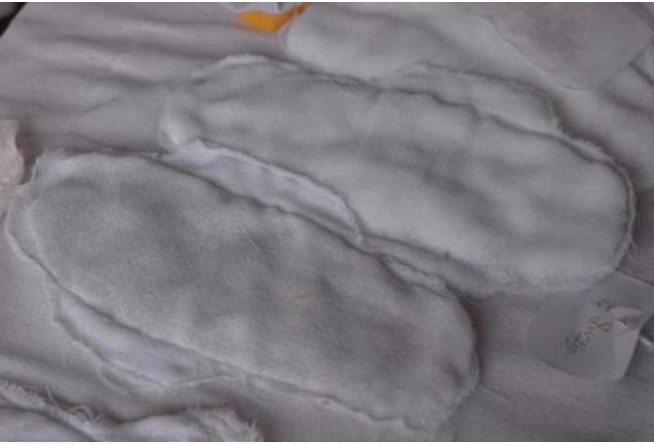
Furthermore, Sanitary pads are not entirely made of cotton but a cellulose gel called dioxin. “Dioxin” is listed by the WHO as a highly toxic environmental pollutant and has equally been linked to cancer and immune system damage.
Ghanaian Students Miss Otoo-Quayson and Matilda Sampong found a safer, non-toxic and environmental friendly sanitary pad from cotton and Banana stem. Banana and plantain stem have proven to be effective absorbents.
“This dioxin is harmful to the female reproductive system so we decided to develop a banana sanitary pad to make the pads healthful.” They said.
The girls identified a problem with female students in the rural areas, and that motivated them, “According to statistics about 95% of girls in rural areas miss classes during this period and we thought to do something about this,” said Otoo-Quayson.
Tests show the banana sanitary pads made had the capacity to absorb much water just like their western counterparts.
“In the Western world they use these stems to produce paper bags and diapers but it’s not been used to produce sanitary pads,” they added.
Beyond the environmental benefit, the banana sanitary pads are cheaper.
“The conventional ones you find on the market, the least is 5 cedis but for these ones because of the materials we used, it’s priced at 2 cedis,” they revealed.
Miss Otoo-Quayson is a final year Civil Engineering student in KNUST while Matilda Sampong is in the second year pursuing Business Administration.
These start-ups are now looking for funding to carry out more research on the pads.





